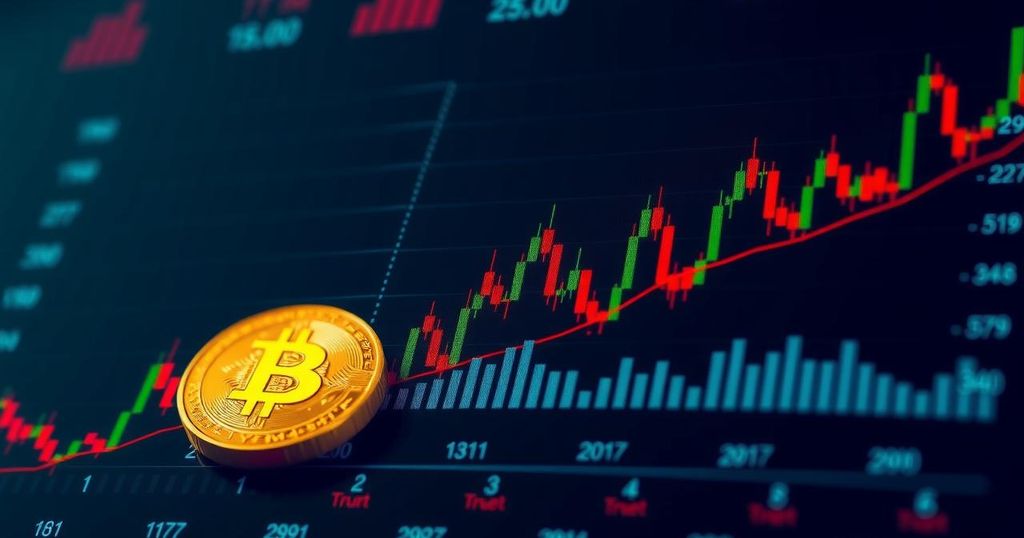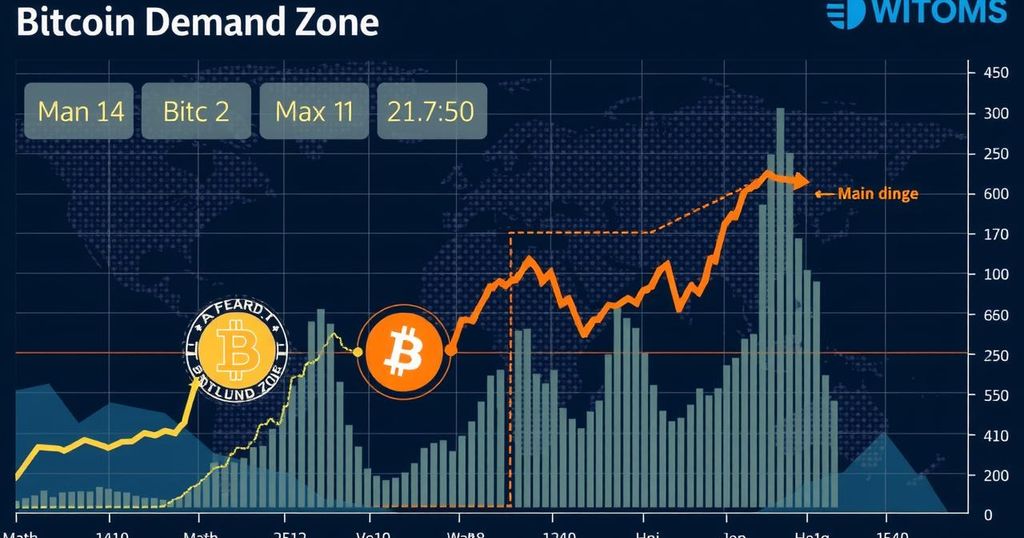Understanding Bitcoin’s Volatility: Risks, Opportunities, and Future Perspectives
This article examines the nature and implications of Bitcoin’s price volatility, framing it as both a risk and an opportunity for strategic investors. Dr. Hans Boateng emphasizes the long-term value of Bitcoin beyond immediate price fluctuations, underscoring its role in financial empowerment, especially for marginalized communities. The piece advocates for viewing Bitcoin’s volatility as manageable and a potential pathway to wealth accumulation.
Bitcoin’s price fluctuations are often perceived negatively, leading many to view volatility as a deterrent to investment. Dr. Hans Boateng notes that while volatility may be appealing when prices rise, the fear associated with downturns can inhibit investment. However, this attribute has historically characterized the early development of significant asset classes, including stocks and commodities, and Bitcoin is no exception. Individuals focusing solely on volatility as a risk neglect the opportunity it offers, particularly for long-term investors who recognize Bitcoin’s transformative potential as a decentralized monetary system.
To understand Bitcoin’s volatility, one must consider that such price changes reveal the asset’s nascent stage and evolving market perception among participants. Volatility is not exclusive to cryptocurrency; traditional markets also experience fluctuations, yet they tend to stabilize as markets mature. Bitcoin, being comparatively young, is expected to undergo decreasing volatility over time as liquidity and institutional adoption increase.
The steep price movements synonymous with Bitcoin mirror the development of earlier financial markets, like the New York Stock Exchange. As the ecosystem matures, its value is set to stabilize. For strategic investors, volatility can present an opportunity to acquire Bitcoin at lower prices during market downturns. Dr. Boateng emphasizes, “You cannot run at the same pace as others if you’re trying to catch up. Volatility, managed wisely, is a chance to leap ahead.”
Long-term investors should prioritize time in the market over attempting to time the market, as the latter often leads to emotional decision-making and missed opportunities. By evaluating the broader context of Bitcoin—its fixed supply, decentralized nature, and relevance in an increasingly digital economy—investors can appreciate its unique position as a store of value and a tool for financial empowerment. This perspective is especially crucial for historically marginalized communities seeking pathways to wealth creation, unobstructed by traditional financial barriers.
Bitcoin’s volatility bears similarities to that of early stock markets and real estate markets prior to their maturation. In 1940, for instance, the average home price was approximately $3,000; now it stands at over $400,000, exemplifying the potential growth of emerging asset classes. Dr. Boateng ponders, “What is the next asset class with 100x potential? Missing it could mean missing the future.” The scarcity inherent in Bitcoin’s fixed supply gives it intrinsic value like real estate, highlighting its transformative potential.
The discussion surrounding Bitcoin often focuses on its price volatility, which is frequently cited as a reason for investment hesitance. This volatility, however, is a common trait seen in emerging asset classes that are still in their developmental phase. This article analyzes how Bitcoin’s volatility reflects both inherent risks and opportunities for individuals willing to invest their time and resources into understanding the asset’s broader implications. The perspective that volatility can be managed rather than feared is central to grasping Bitcoin’s potential impact on modern finance and wealth creation.
In summation, Bitcoin’s volatility is not merely a risk but a characteristic feature of its emerging presence in financial markets. Understanding and managing this volatility can provide investors with prospective opportunities for long-term wealth creation. It is essential to recognize Bitcoin not just as a speculative asset but as a transformative tool capable of reshaping the financial landscape for diverse communities. By adopting a broader view and focusing on Bitcoin’s potential for value transfer and financial empowerment, investors can navigate its inherent risks more effectively.
Original Source: www.forbes.com








Post Comment